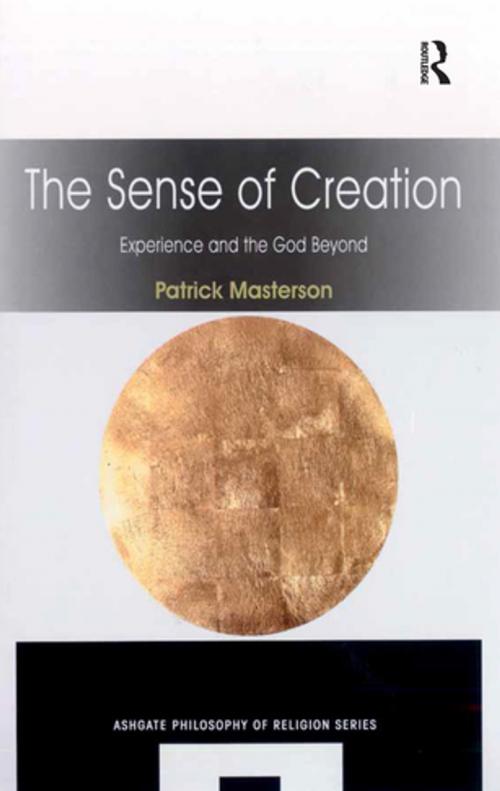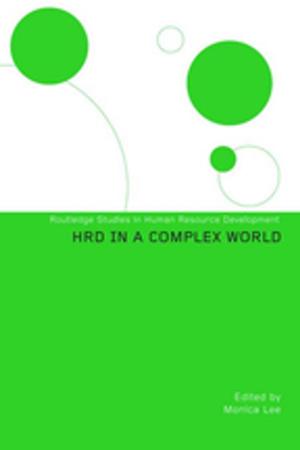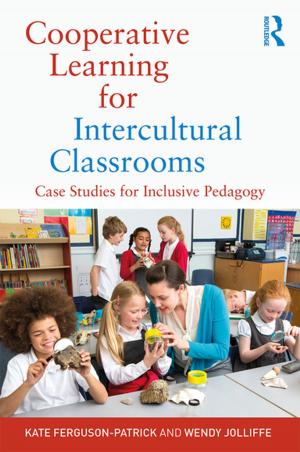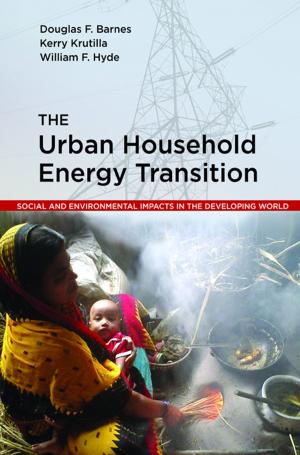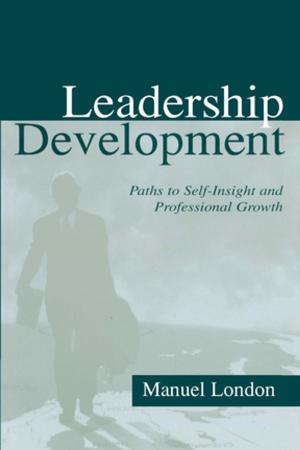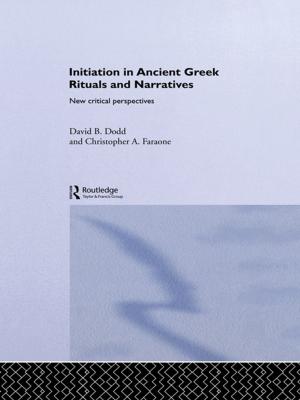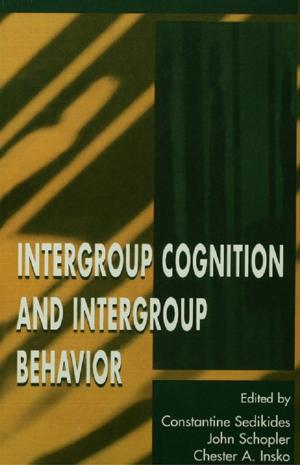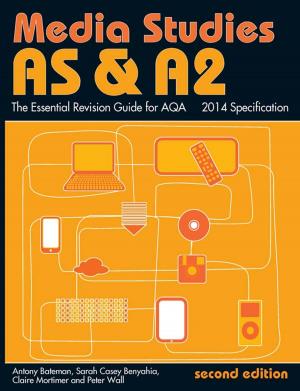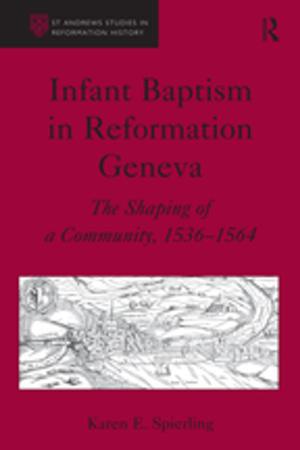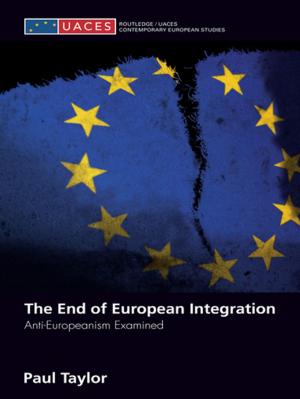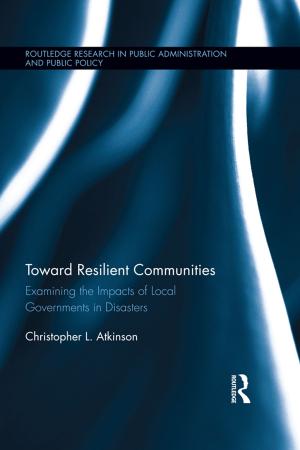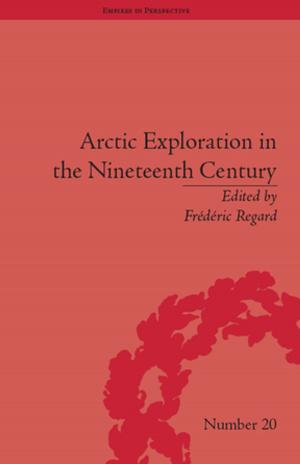| Author: | Patrick Masterson | ISBN: | 9781317016380 |
| Publisher: | Taylor and Francis | Publication: | March 3, 2016 |
| Imprint: | Routledge | Language: | English |
| Author: | Patrick Masterson |
| ISBN: | 9781317016380 |
| Publisher: | Taylor and Francis |
| Publication: | March 3, 2016 |
| Imprint: | Routledge |
| Language: | English |
What kind of experience might help to confirm and make sense of the puzzling belief in divine creation, so central to the main monotheistic religions? Anselm and Aquinas developed a philosophical understanding of 'Creation' as an asymmetrical relationship between the world and God, that is, that the world is really related to God in a relationship of total dependence but God is in no way really related to or modified by this created world. This idea of an asymmetrical relationship is the key concept unifying all aspects of this book which discusses the three main inter-related questions in a philosophical discussion about God -- the question of meaning, the question of existence, and the question of co-existence. The book explores various 'ciphers' of this asymmetrical relationship in our pre-philosophical lived experience. These are experiences such as that of the relationship between our knowledge and what we know, or our sense of obligation to our vulnerable neighbour. It argues that deciphering such experiences helps to make sense of the 'asymmetrical' relation of creation and that it in turn makes sense of them. Masterson argues further that this idea of asymmetrical relationship provides insight into the main questions of philosophy of religion and is an illuminating source of critical dialogue with contemporary Anglo/American and Phenomenological approaches in philosophy of religion.
What kind of experience might help to confirm and make sense of the puzzling belief in divine creation, so central to the main monotheistic religions? Anselm and Aquinas developed a philosophical understanding of 'Creation' as an asymmetrical relationship between the world and God, that is, that the world is really related to God in a relationship of total dependence but God is in no way really related to or modified by this created world. This idea of an asymmetrical relationship is the key concept unifying all aspects of this book which discusses the three main inter-related questions in a philosophical discussion about God -- the question of meaning, the question of existence, and the question of co-existence. The book explores various 'ciphers' of this asymmetrical relationship in our pre-philosophical lived experience. These are experiences such as that of the relationship between our knowledge and what we know, or our sense of obligation to our vulnerable neighbour. It argues that deciphering such experiences helps to make sense of the 'asymmetrical' relation of creation and that it in turn makes sense of them. Masterson argues further that this idea of asymmetrical relationship provides insight into the main questions of philosophy of religion and is an illuminating source of critical dialogue with contemporary Anglo/American and Phenomenological approaches in philosophy of religion.
